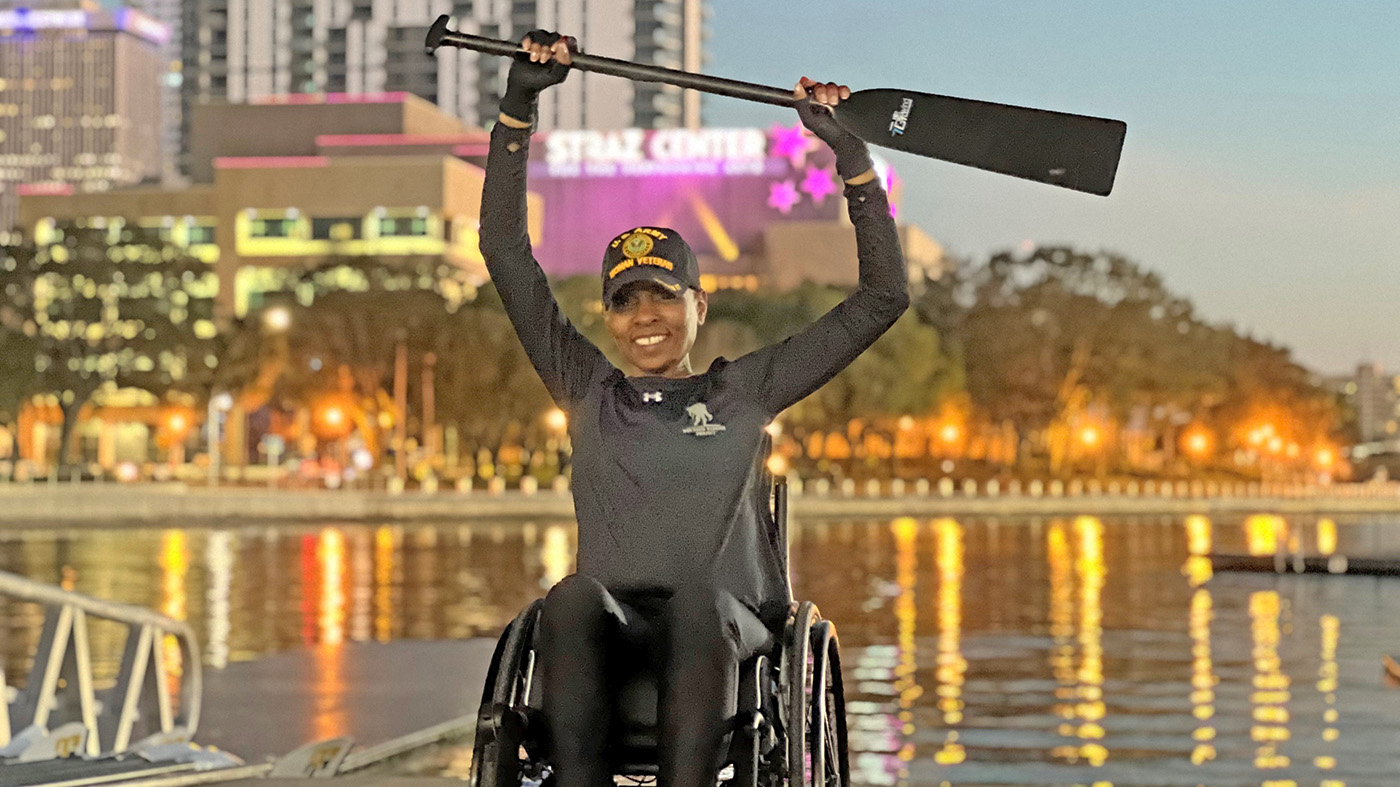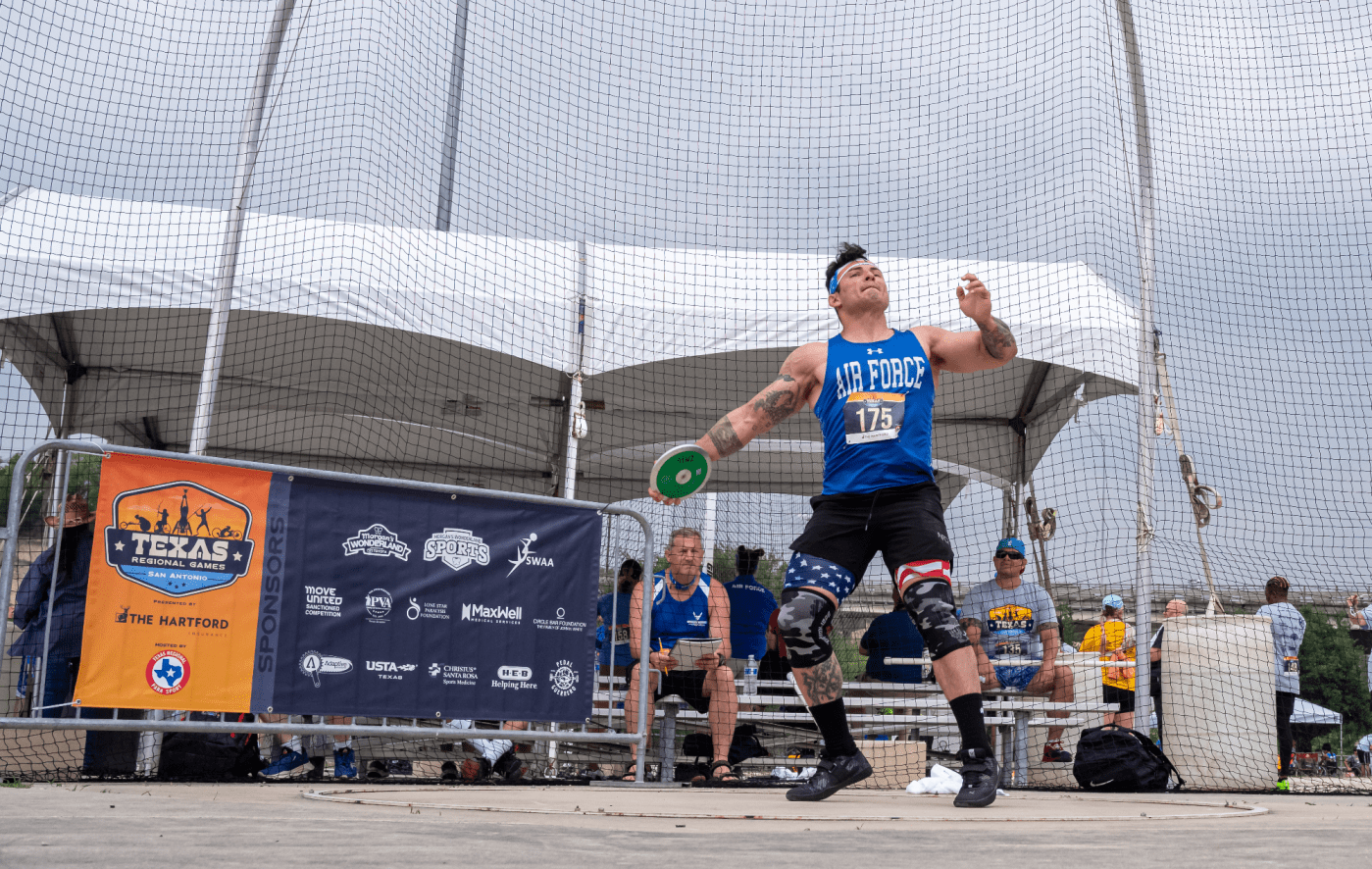Are you a Veteran with a history of childhood abuse, neglect, or household dysfunction? Then you may be at a higher risk for problematic alcohol or drug use, especially if you are a woman Veteran.
This is the conclusion of a recent study conducted by VA, UCLA, and the University of Massachusetts Amherst. This study appears in Social Psychiatry and Psychiatric Epidemiology.
In the general population, fewer women than men have an alcohol or drug problem. Veterans are different in that a similar proportion of women and men – about 37 percent – have ever had an alcohol or drug use disorder. This finding that women Veterans are similar to men Veterans, and are so different from civilian women, is unexpected.
Also surprising are the high rates of childhood adversity among Veterans, especially among women; 68 percent of women Veterans report some type of childhood adversity, and they have the highest rates of childhood sexual abuse.
Our team studied nationally-representative data of 379 women and 2,740 men Veterans and 20,066 women and 13,116 men civilians to examine differences by Veteran status and gender in associations between childhood adversity and lifetime alcohol and drug use disorders. Childhood adversity was measured as experiences before age 18 of physical, sexual or emotional abuse and neglect, and household dysfunction, for example a parent’s problematic substance use, incarceration or mental illness.
Our study points to the need to assess for childhood adversity to help people recognize its relationship with substance use, and cope with its health impacts. When people join the military or when Veterans access health care at VA or in the community would be good times to assess and treat childhood adversity, and we’re often missing those opportunities now.
Childhood adversity alters the gender gap in alcohol and drug use risk, and in ways that are different for Veterans. Among the Veteran population, more childhood adversity elevated men’s alcohol risk, and it increased women’s drug risk. We generally don’t assess for childhood adversity until there’s an alcohol or drug problem, or attempt to harm oneself or others. However, we know that childhood adversity is an early life experience that elevates risk for anxiety, depression and other health and social problems.
We in public health, along with others in the community, can do more to prevent childhood adversity altogether. More can also be done to assess and address childhood adversity when it does occur so that we mitigate or undo its harmful effects. The need for such efforts is especially critical now given the devastating impacts of the current opioid epidemic on families and communities.
As the role of women in our nation’s military expands, we need to better understand the gender-specific patterns of substance use and whether patterns by gender are different for Veterans and if so, why. Provision of health and social services can be improved to better meet the needs of all Veterans and in particular for women.

Topics in this story
More Stories
Army Veteran Malika Montgomery says one of the things that helped her live her best life with multiple sclerosis was surrounding herself with positive people.
Acknowledging the issues that Veterans face and working toward solutions is crucial for ensuring they have the support they need to thrive in civilian life.
Last year, Move United hosted 26 adaptive sports competitions in 22 states for 1,537 individual athletes. This year, that number is increasing to 35 events in 24 states for even more Veteran athletes.






That’s horrible. Alcohol & Drug addictions usually directly appear with depression/anxiety/PTSD. It’s a life-long battle. An organization like the VA labeling it as a behavioral or conduct issue is downright horrible. It’s so counter productive to programs that they ‘support’ like suicide prevention & mental health clinics and services they provide.
My mom was an alcoholic & addict who was sober for 14 years. Her husband died of cancer quite suddenly. 2 years later, her depression/anxiety were too much to handle & she relapsed. The worst day of my life soon followed when she committed suicide on June 6th, 2002.
For those with mental illnesses, PTSD, etc., addictions such as alcoholism are far from a choice or behavioral problems. Shame on the VA – any reputable doctor should know that. Speak up & create change!
In the meantime, maybe you should be applying for compensation of depression/anxiety (or whichever is your actual underlying issue) & not alcoholism. Make alcoholism the symptom to your claim.
Wish you the best.
And the VA continues to speak out of both sides of it’s mouth…
At the same time will deny Alcoholism as a compensatible condition citing it as a behavior and conduct issue.
The VHA and the VBA need to get on the same page.